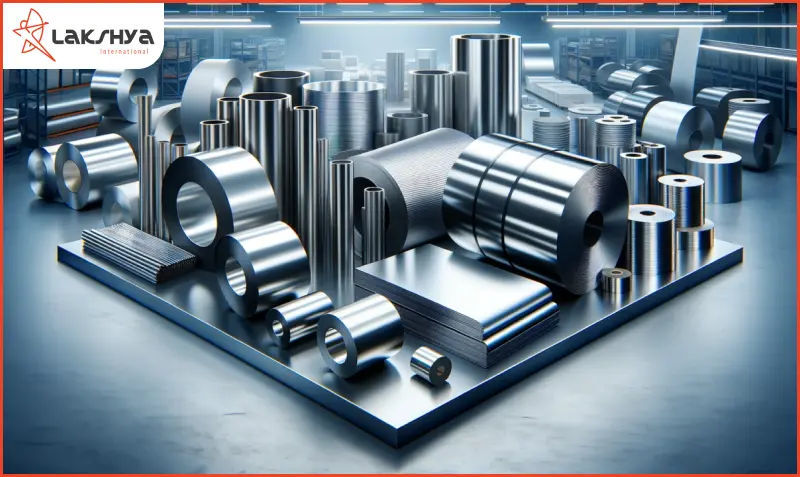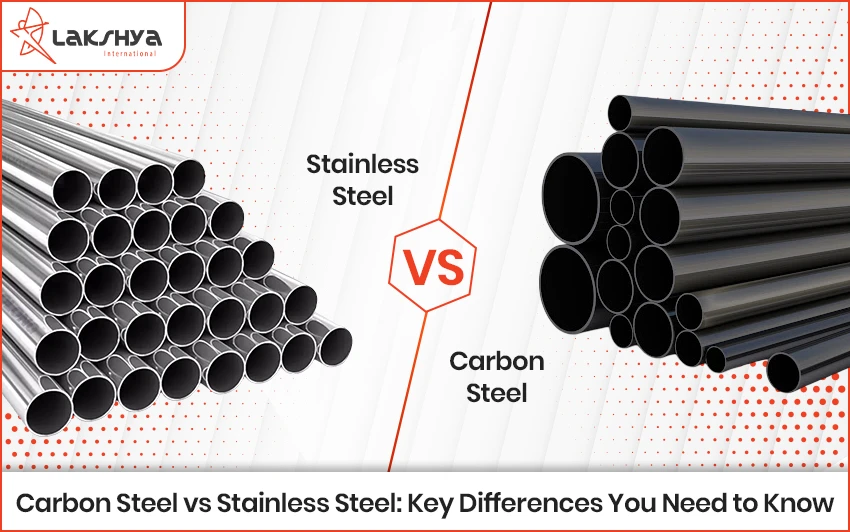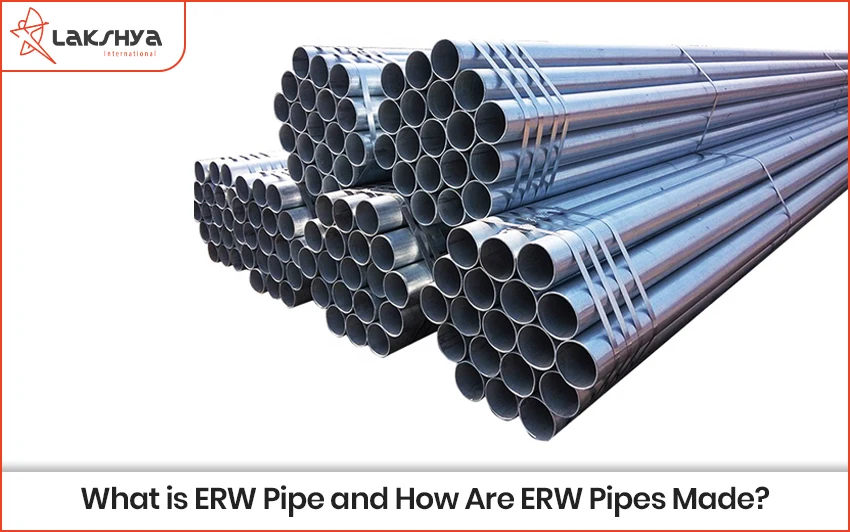Duplex stainless steel products are gaining popularity for their impressive strength, durability, and corrosion resistance. These pipes are ideal for industries such as oil and gas, chemical processing, and petrochemicals.
Duplex stainless steel pipes combine the strengths of two types of stainless steel, making them very resistant to corrosion and able to handle high pressures. Their strong performance in harsh environments makes them a reliable choice for various applications, including pipelines and structural supports.
In addition to their durability, duplex stainless steel products are cost-effective due to their extended lifespan and lower maintenance needs. By considering the specific conditions of your project, you can ensure that duplex stainless steel pipes provide optimal performance and reliability. This guide will assist you in understanding the key aspects of duplex stainless steel products for informed decision-making.
What is a Duplex Pipe?
A duplex pipe is a specialized type of steel pipe featuring a unique composition of stainless steel. Duplex steel pipes combine two distinct stainless steel layers: the inner layer is ferritic, known for its high chromium content and excellent corrosion resistance, while the outer layer is martensitic, which offers enhanced strength due to its finer grain structure and higher carbon content.
This combination makes duplex stainless steel pipes highly durable, providing a superior strength-to-weight ratio and improved resistance to corrosion and abrasion. The stainless steel duplex pipe also excels in heat transfer and has a longer lifespan compared to standard steel pipes. These properties make duplex pipes an ideal choice for demanding applications across industries such as oil and gas, chemical processing, and petrochemicals.
Benefits of Duplex Steel Pipes
Duplex steel pipes offer several key advantages that make them a preferred choice for various applications:- High Strength-to-Weight Ratio: Duplex stainless steel pipes are strong yet lightweight, which is particularly beneficial for offshore and other weight-sensitive applications. Their strength allows them to handle high pressures effectively.
- Excellent Corrosion Resistance: These pipes are highly resistant to corrosion, making them ideal for harsh environments like chemical plants and oil refineries. They perform well in salty, acidic, and caustic conditions where other materials might fail.
- Resistance to Cracking and Pitting: Duplex stainless steel pipes are less likely to crack or pit, which enhances their durability and reliability in challenging conditions.
- Good Mechanical Properties: They offer high flexibility and toughness, reducing fatigue in dynamically loaded components, such as shafts and housings. This makes them suitable for high-stress applications.
- Effective Weldability: The good weldability of duplex stainless steel pipes makes them easier to fabricate, providing additional versatility in various applications.
- Fatigue Resistance: Duplex steel pipes can withstand repeated stress without cracking or breaking, making them ideal for high-pressure and dynamically loaded systems.
Manufacturing Process of Duplex Pipes
Duplex steel pipes, made from duplex stainless steel, are known for their strength and resistance to corrosion. Their manufacturing process is complex, which makes them more expensive compared to other stainless steel pipes like stainless steel pipes 304 or Stainless steel 316.
- Cold Forming for Duplex Pipes
Duplex stainless steel is tough to work with due to its high strength. When making duplex pipes, manufacturers often use cold working techniques like cold rolling or cold drawing. For larger pipes, hot forming might be used. The process requires more force than working with standard stainless steel, as duplex steel pipes are stronger and harder to shape. This extra force increases production costs.
- Heat Treatment of Duplex Pipes
After cold forming, duplex pipes need heat treatment to restore their properties. This involves heating the pipes to a high temperature, then quickly cooling them down to ensure they regain their strength and resistance to corrosion. This additional step also adds to the cost.
Duplex Pipe Physical Properties
Duplex steel pipes are stainless steel tubes crafted from a blend of chromium, nickel, and molybdenum. Known for their high strength and excellent corrosion resistance, duplex stainless steel pipes are also non-magnetic and offer superior mechanical properties, including formability, ductility, toughness, weldability, and machinability. These duplex stainless pipes excel in handling heat, resisting impacts, and providing smooth flow. They are ideal for various applications, including construction, chemical processing, and oil and gas industries. Their robust and versatile nature makes duplex steel pipes a reliable choice for demanding environments.Types of Duplex Steel Pipes
Duplex steel pipes come in different types and grades, each suited for various applications. Here’s a simple overview:
- Standard Duplex Steel Pipes: These are the most common type, made from a mix of ferritic and austenitic stainless steels. They offer good corrosion resistance and strength for general use.
- Super Duplex Stainless Steel Pipes: These pipes have a higher alloy content, providing even better strength and corrosion resistance compared to standard duplex steel pipes. They are ideal for more demanding environments, such as in the oil and gas industry.
- Lean Duplex Stainless Pipes: These pipes have lower alloy content than standard duplex pipes but still offer improved corrosion resistance and strength compared to regular stainless steel. They are a cost-effective option for many applications.
Duplex Stainless Steel Pipe Grades
- Grade 2205: 2205 duplex stainless steel pipe is the most common duplex stainless steel grade, known for its excellent corrosion resistance and high strength.
- Grade 2507: Known as super duplex, it offers superior corrosion resistance and strength, suitable for harsh environments.
- Grade 2304: A lean duplex grade that provides good performance at a lower cost.




